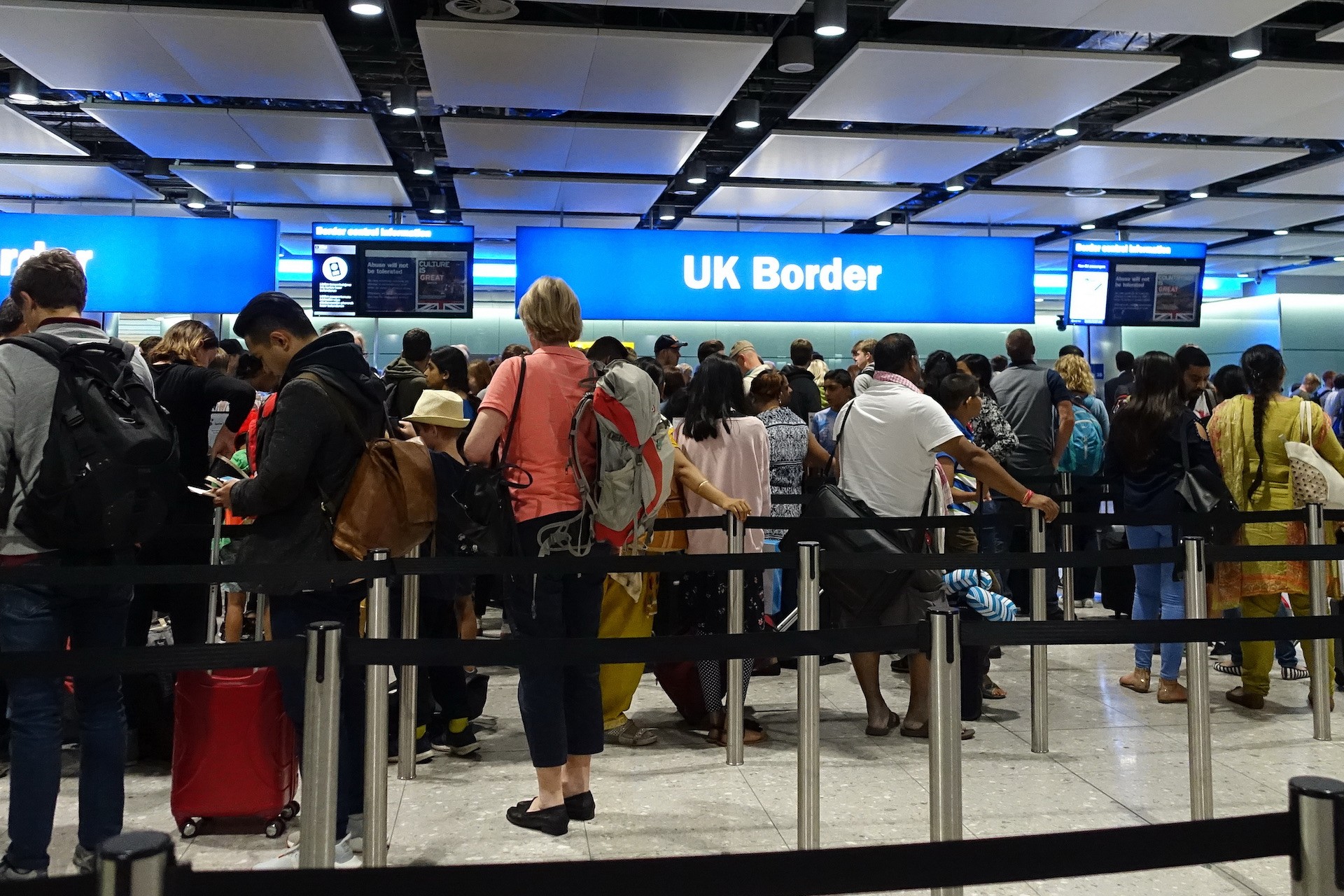Now Brexit has come into effect, there are some changes to travelling in mainland Europe. As that’s where most Brits head to ski, there are plenty of new questions that need answering when planning a trip.
What’s different about skiing after Brexit?
Don’t let these changes discourage you from travelling. They’re all relatively minor and easy to sort, just make sure to take care of them ahead of time. Read out guide to skiing after Brexit.
Check your passport

Since Brexit, the rules for travelling abroad with British passports has changed. The UK government recommends having at least six months left on your passport when travelling. That allows for you to stay abroad for a full three months, and still have three months left to run on your passport that EU countries deem necessary. While most ski trips are more likely to run closer to seven days long than 90, it’s still worth having six months left on your passport to avoid any unnecessary hassle.
Longer queues at security
If you don’t have an EU passport, chances are you’re looking at longer queues at passport control when travelling Europe. There’s a number of reasons for this, one being that you might be asked to show a return ticket to prove you aren’t planning on staying longer than 90 days (at which point you’d need a visa). Also, as bizarre as this sounds, don’t be shocked if you’re asked to prove you’ve got enough money for your stay.

That’s not the only issue when queueing. Compounded by coronavirus checks, queues are even slower than ever as there’s more to sit through. There’s not too much to be done about this, just knuckle down and enjoy it – Brits are world-famous for their queueing prowess. One thing to consider is how this might effect any planned connections or airport pickups. A change that took you 20 minutes in past years, might now take 45.
Travel insurance
Travel insurance is essential for any holiday on the slopes. If you have a pre-existing insurance deal, check with your provider to make sure it’s still valid since Brexit. It should be, but watch out for increased premiums.
In the past you may have brought your European Health Insurance Card (EHIC) on trips into the EU. This is being phased out and instead being replaced with a Global Health Insurance Card (GHIC). Both cards are free and entitle you to medical treatment in the EU, although they are not a substitute for travel insurance. It’s worth having a valid copy of at least one of these cards when you travel abroad. The NHS states there’s currently a high demand of applications for both, leading to longer than usual wait times. Therefore, we advise sorting this well in advance of your trip.
Roaming charges

In recent years, certain mobile operators allowed Brits to use their phones in foreign countries at no extra charge. However, Brexit has scuppered that perk and roaming charges have returned. Vodafone, EE and Three announced the reintroduction of roaming charges within the EU. It’s best to check the details of your contract with your operator to see whether you’ll now have to pay to make calls and texts in a foreign country.
Working abroad
One of the most daunting changes for Brits skiing after Brexit was for those hoping to work a season in the Alps. Initially this process was arduous, with a byzantine application process for both work permits and work visas. But the French streamlined their process: once you have secured a job with a ski company, that company applies for your work permit. Next step, you apply for a work visa (with help from your employer), and ta-da. A working life on the mountains awaits.
There’s less detailed info on working in other countries, but expect a similar undertaking. One common truth is that a work visa and work permit are essential across the continent.





